Expressionists: Kandinsky, Münter and the Blue Rider opens at Tate Modern
The enduring vision of a borderless creative community is chronicled in Tate Modern’s latest exhibition, writes Daria Hufnagel
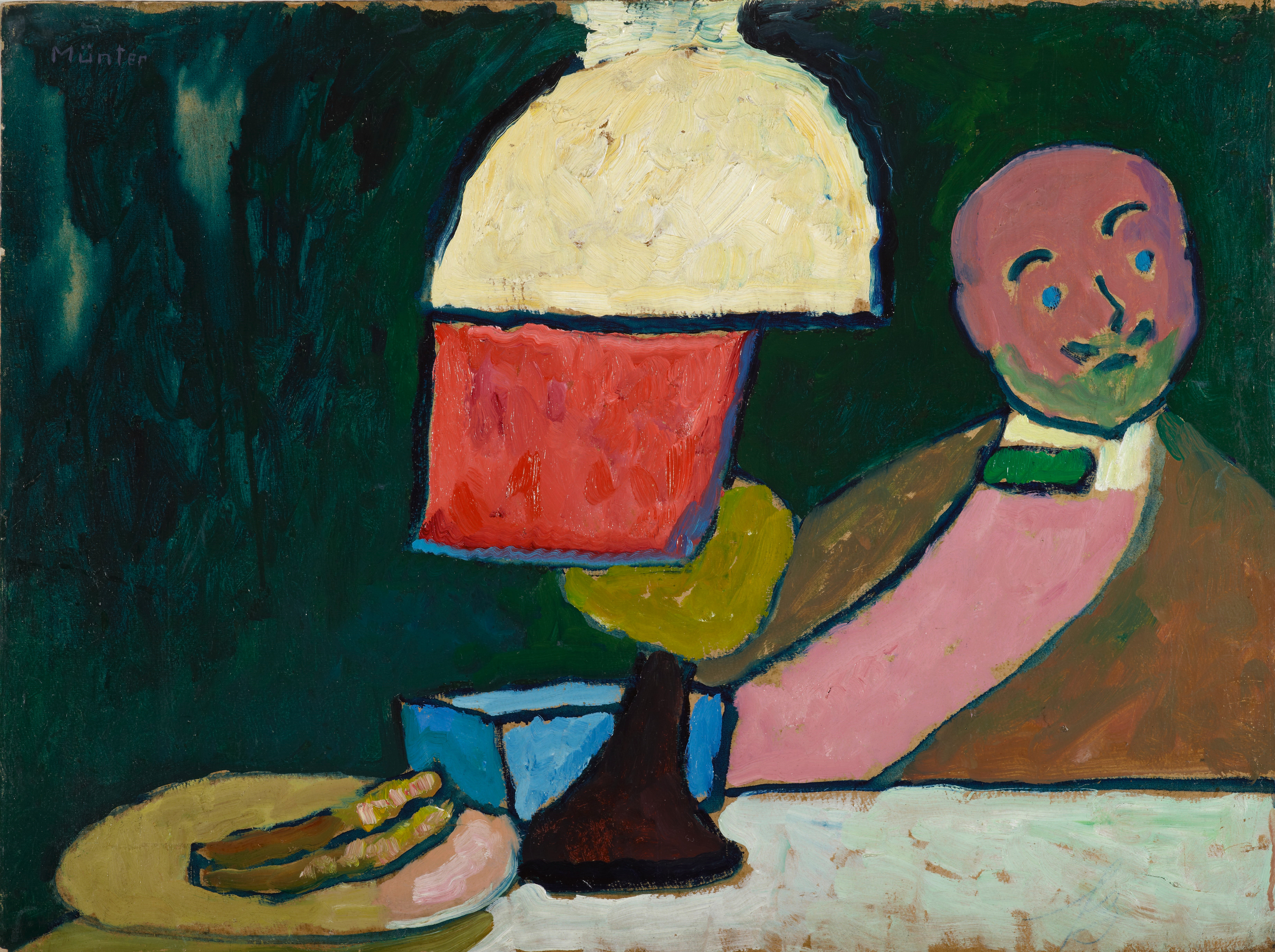
Your support helps us to tell the story
From reproductive rights to climate change to Big Tech, The Independent is on the ground when the story is developing. Whether it's investigating the financials of Elon Musk's pro-Trump PAC or producing our latest documentary, 'The A Word', which shines a light on the American women fighting for reproductive rights, we know how important it is to parse out the facts from the messaging.
At such a critical moment in US history, we need reporters on the ground. Your donation allows us to keep sending journalists to speak to both sides of the story.
The Independent is trusted by Americans across the entire political spectrum. And unlike many other quality news outlets, we choose not to lock Americans out of our reporting and analysis with paywalls. We believe quality journalism should be available to everyone, paid for by those who can afford it.
Your support makes all the difference.In the early 20th century, the international collective known as Der Blaue Reiter (The Blue Rider) ignited a revolution in modern art.
Their remarkable journey is chronicled in the exhibition Expressionists: Kandinsky, Münter and the Blue Rider at Tate Modern, showcasing the group’s daring explorations of form, colour, sound, and performance.
Drawing from the esteemed Lenbachhaus collection in Munich, renowned for housing the world’s richest collection of expressionist masterpieces, the exhibition celebrates iconic figures such as Wassily Kandinsky, Gabriele Münter, Franz Marc, and Paul Klee, while also highlighting previously overlooked artists such as Vladimir Burliuk and Maria Franck-Marc.
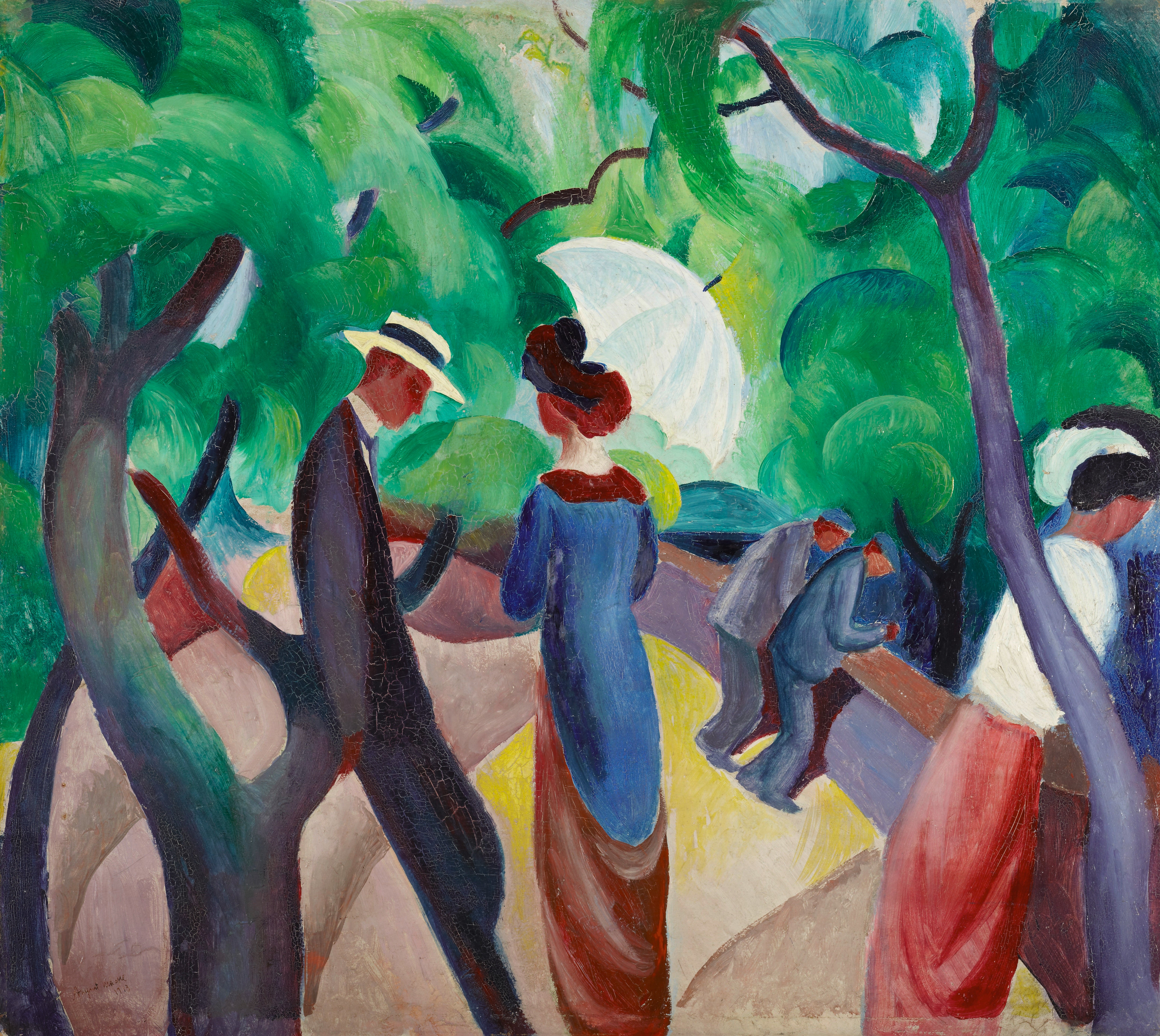
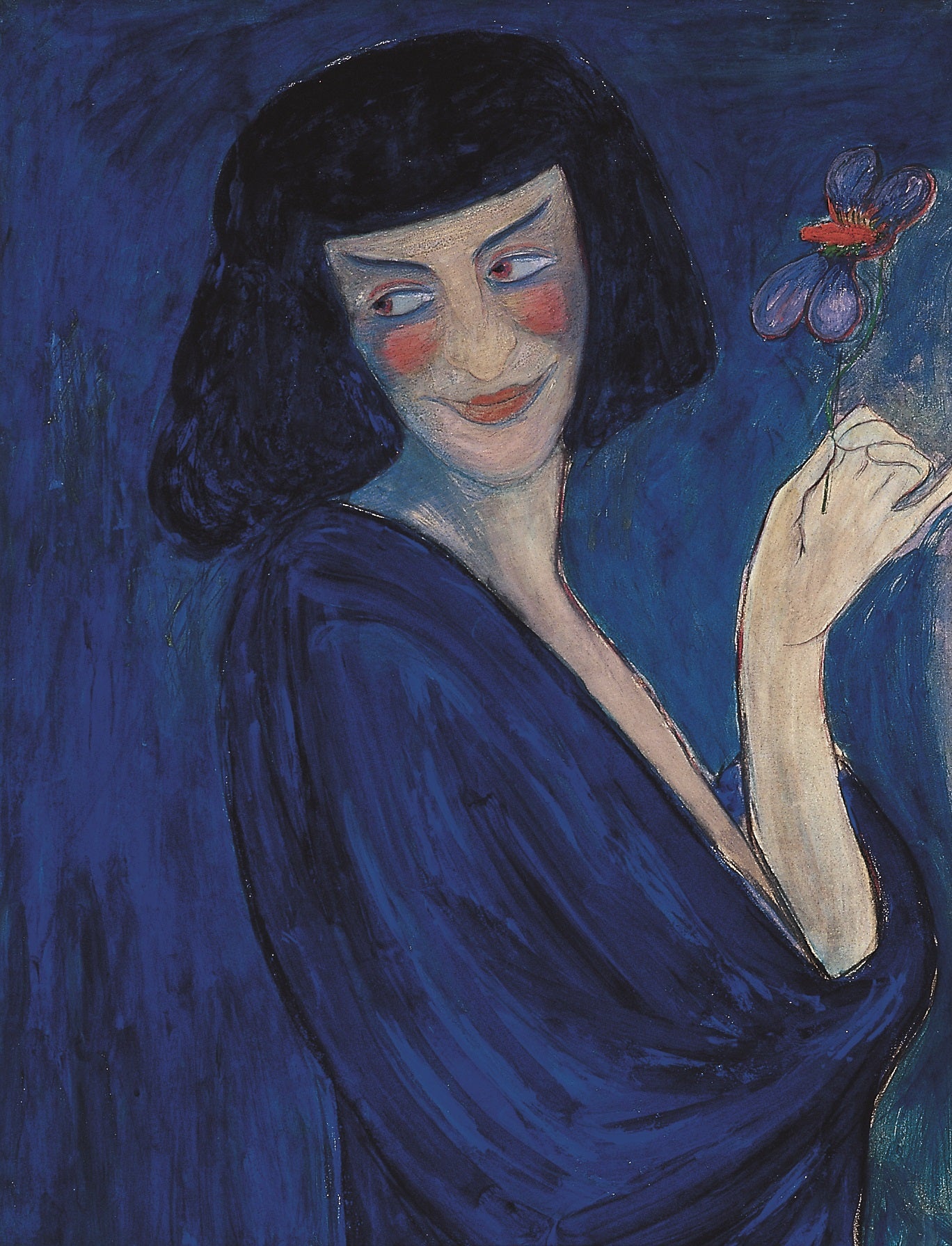
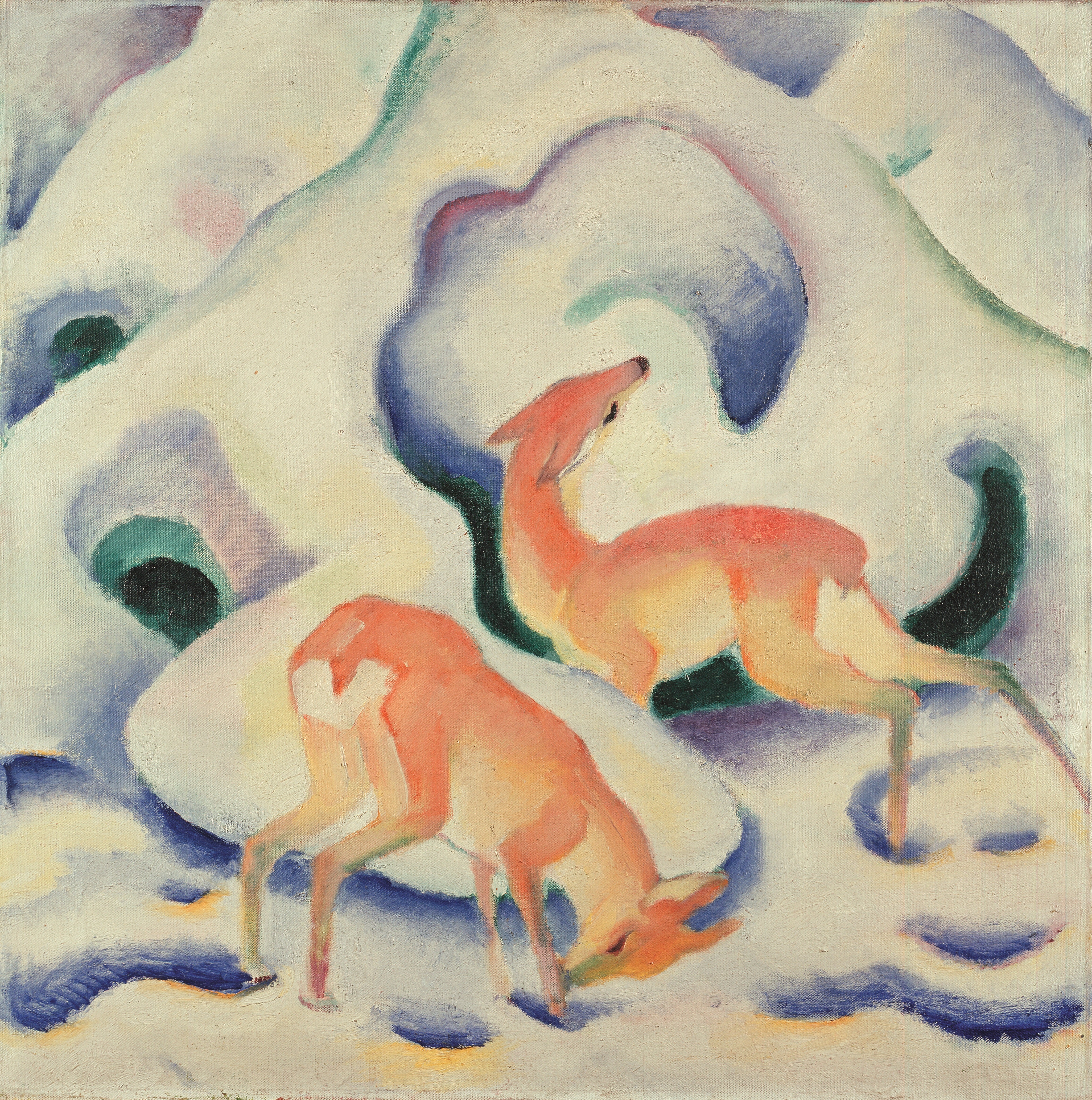
Bound by a shared mission to express personal experiences and spiritual ideas, the Der Blaue Reiter collective united artists from western and eastern Europe, as well as the US. In two public exhibitions in Munich in 1911 and 1912, the group boldly showcased their vision of cultural diversity, emphasising that “the whole work, called art, knows no borders or nations, only humanity”.
Their groundbreaking Almanac, published in 1912 by Kandinsky and Marc, is a further testament to the group’s progressive ethos.
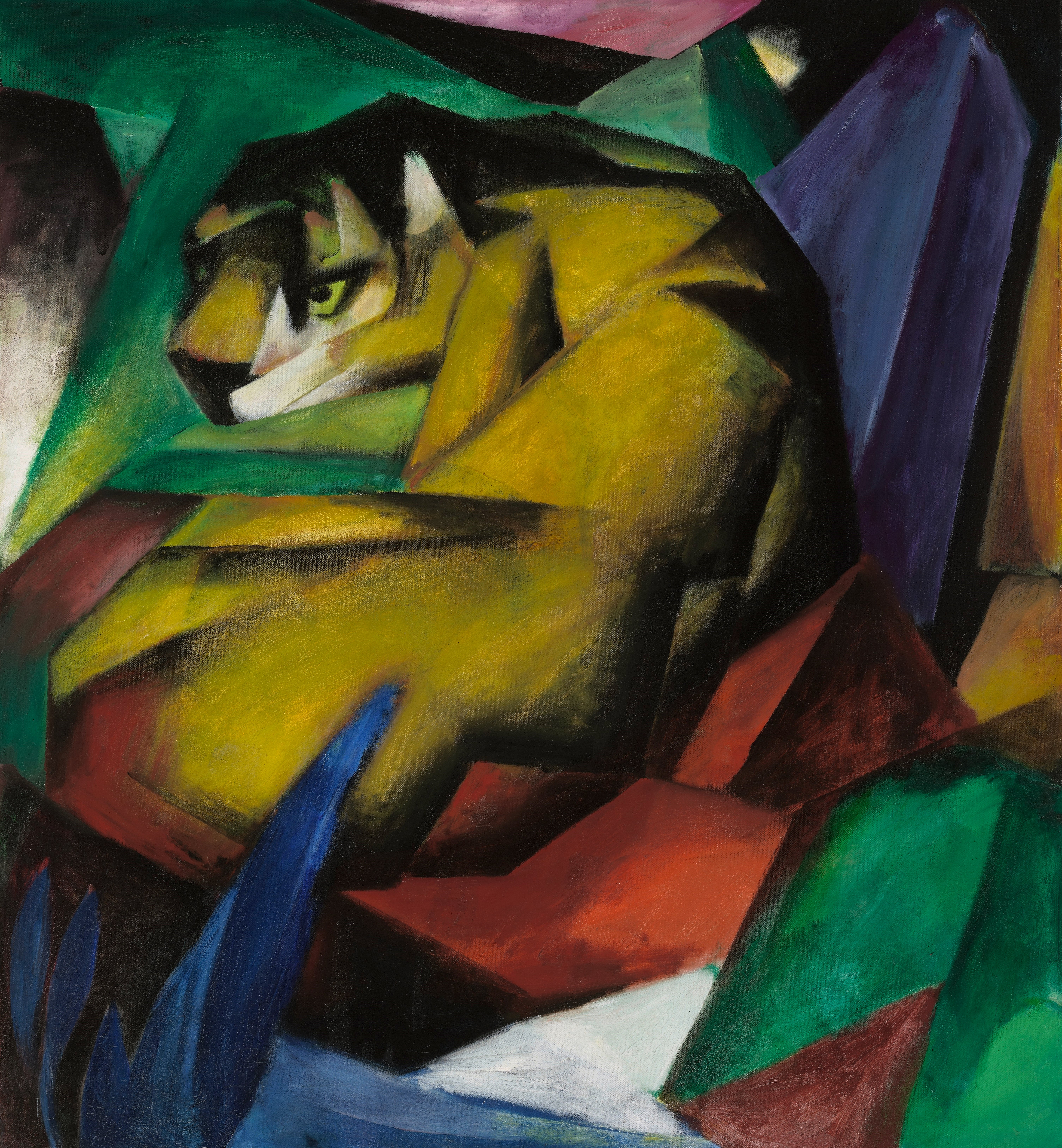
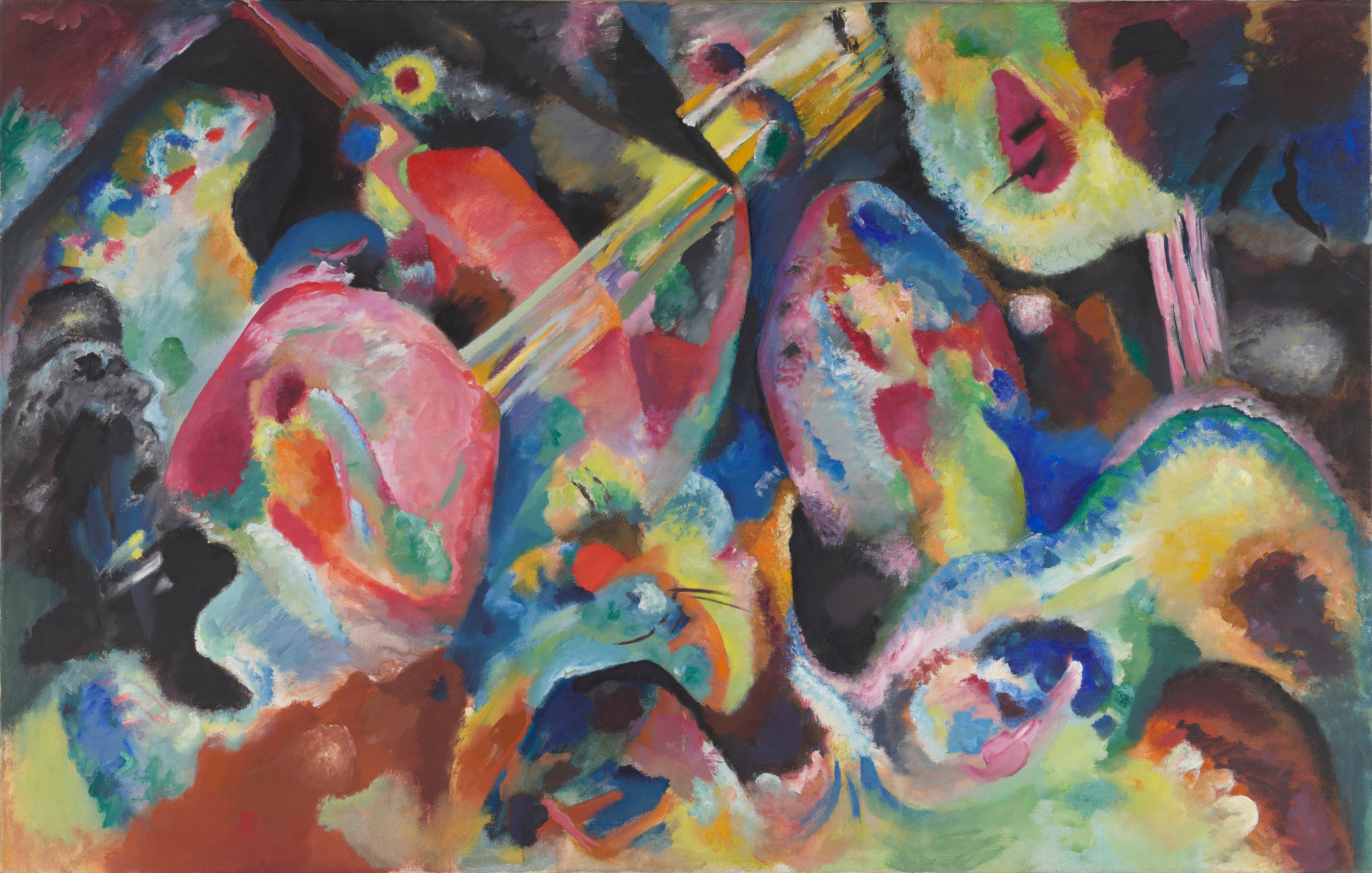
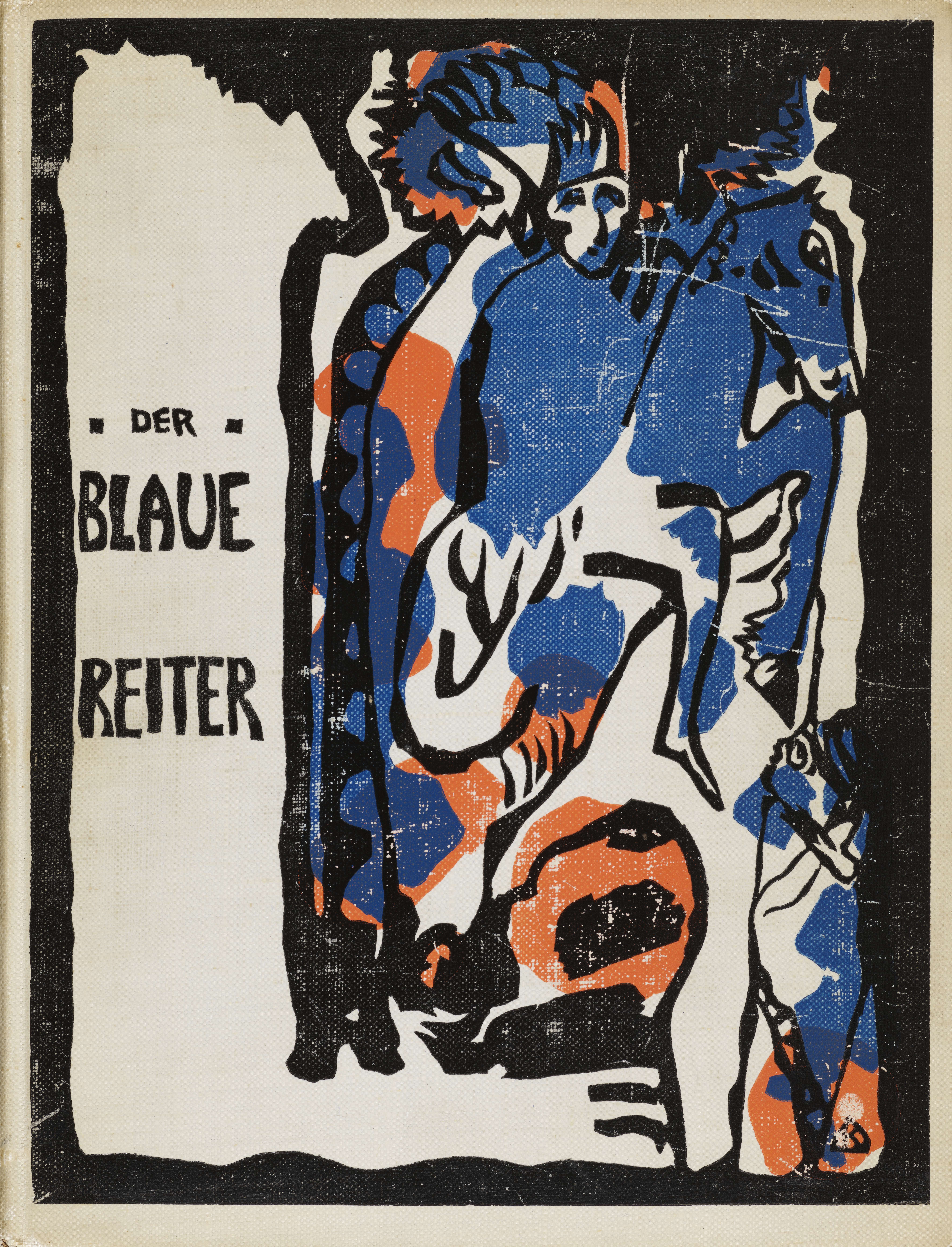
In addition to tracing the collective’s emergence and evolution prior to the First World War, the exhibition also highlights their lasting influence.
Through manifestos, editorials, curated exhibitions, and partnerships with museums and galleries, the artists cemented their legacy.
Although the group disbanded with the onset of the First World War, their vision of a transnational creative community remains compelling and relevant to this day.
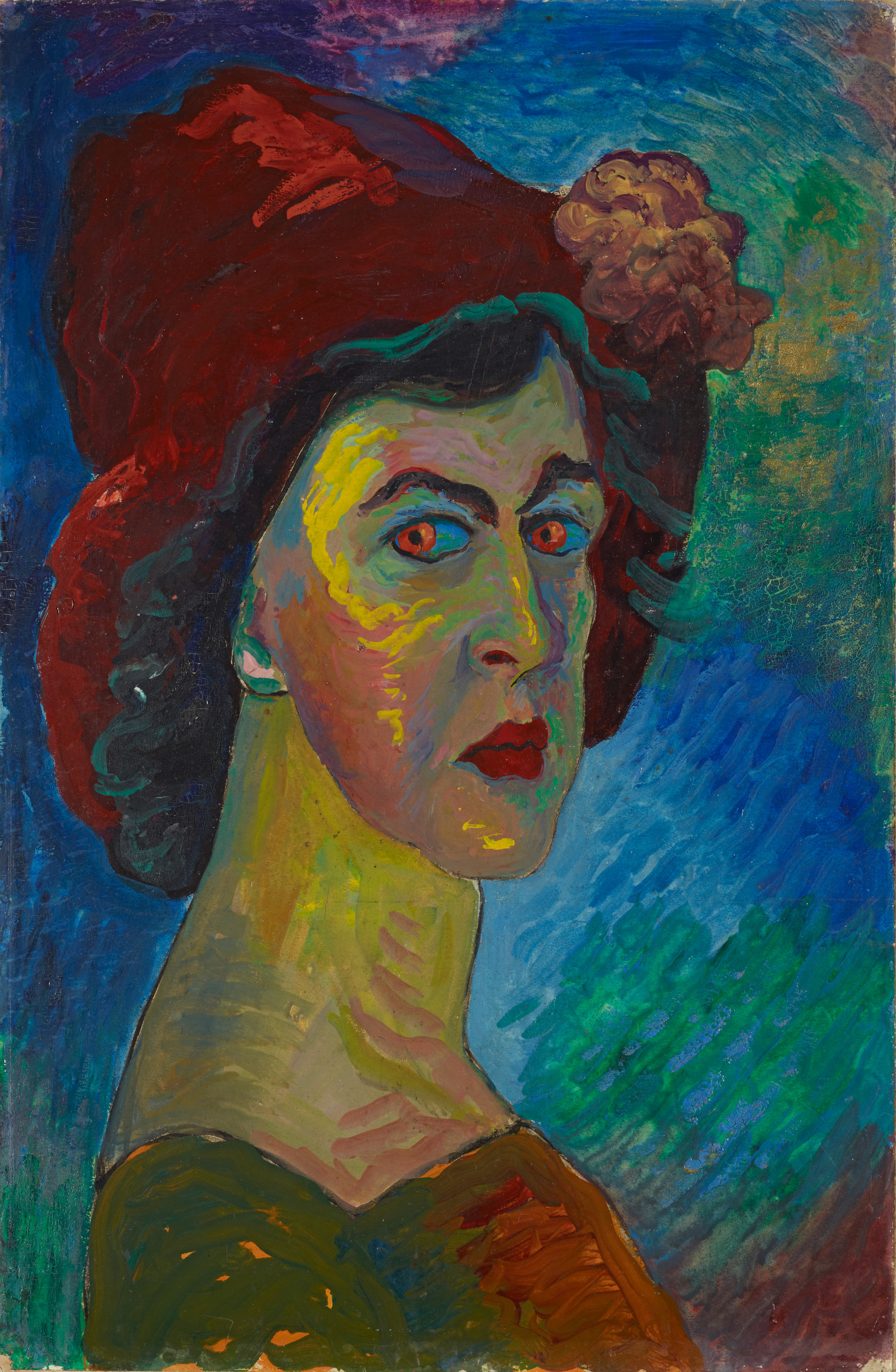
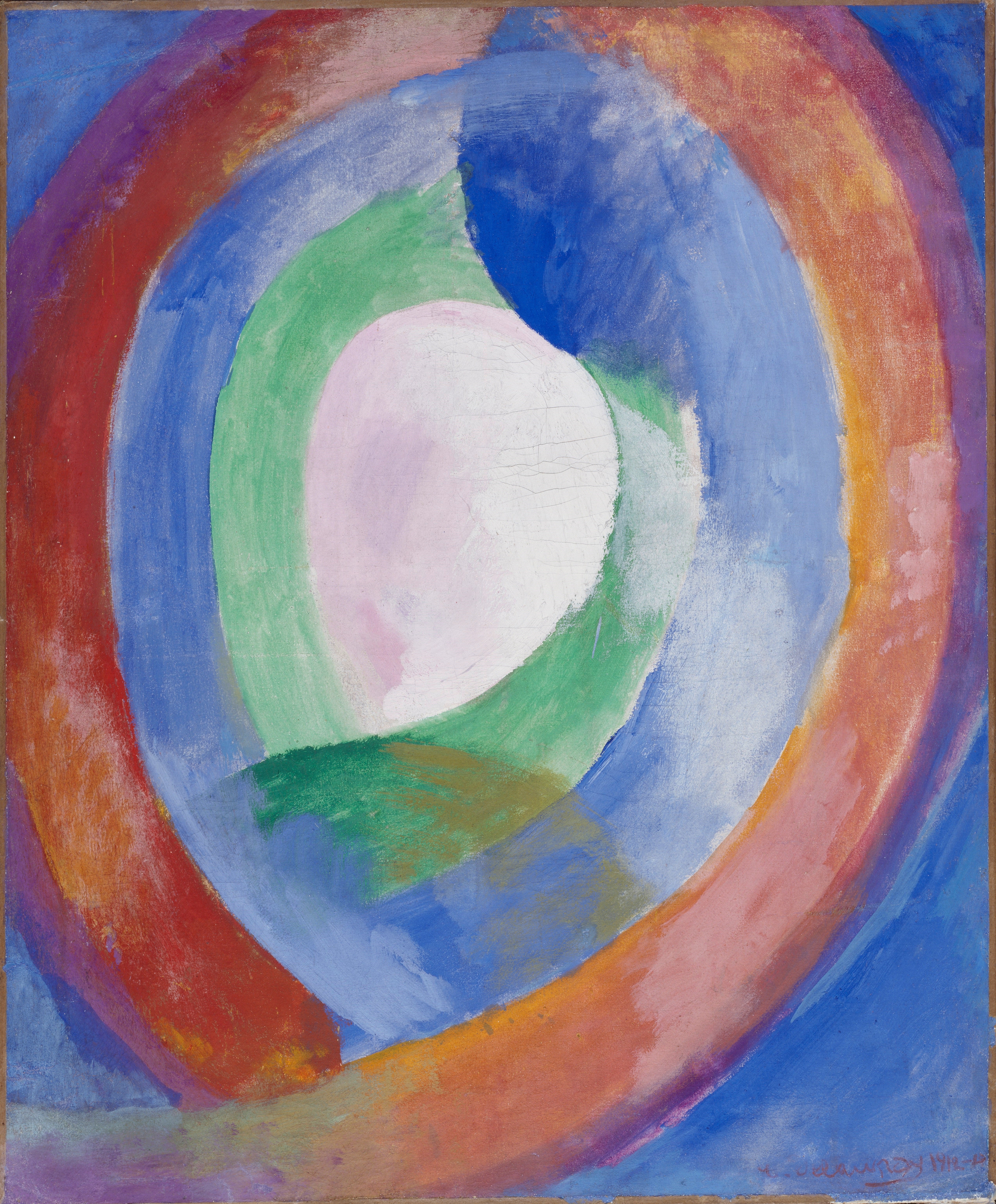
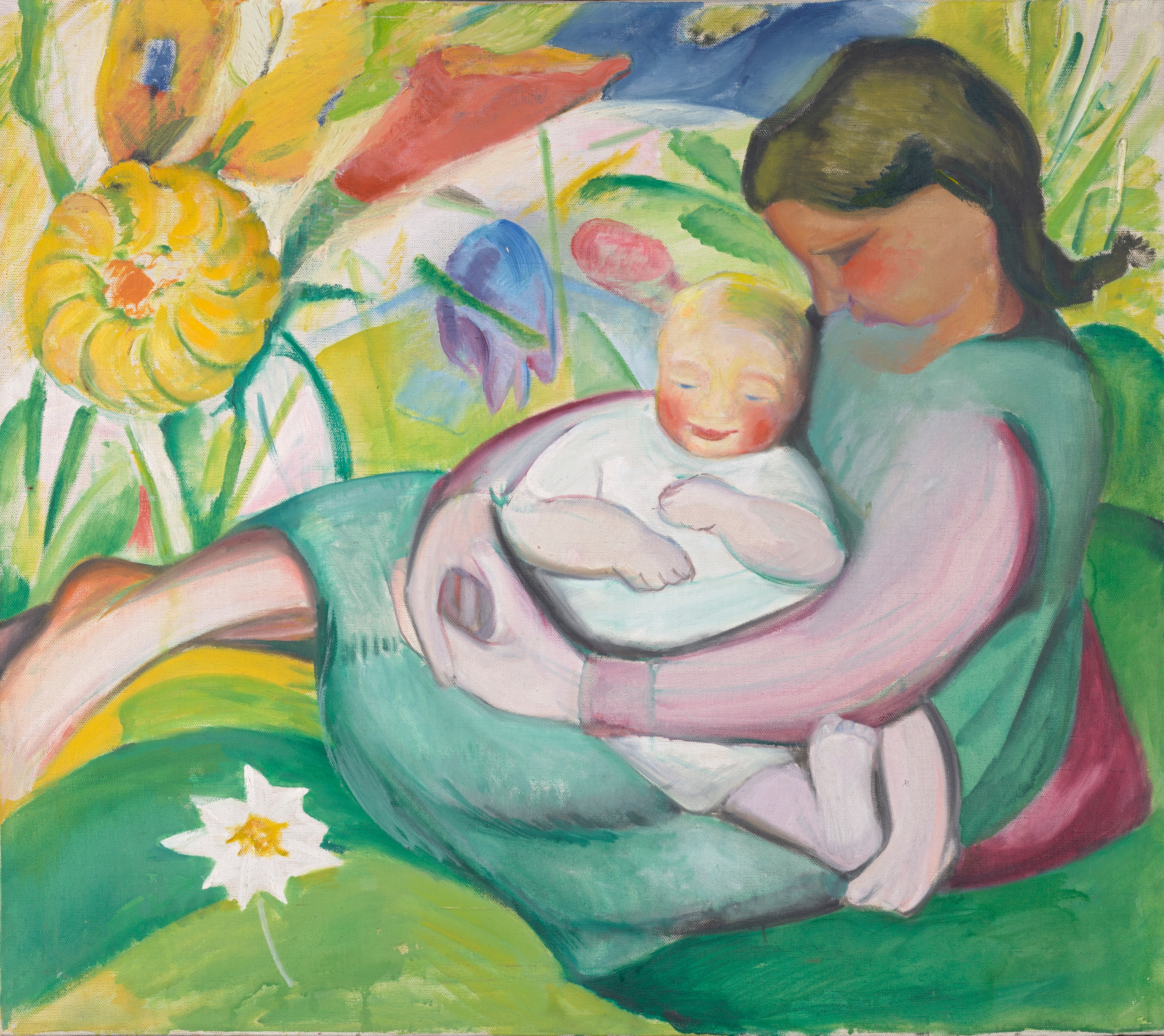
Expressionists: Kandinsky, Münter and the Blue Rider will be on show at Tate Modern from 25 April to 20 October
Join our commenting forum
Join thought-provoking conversations, follow other Independent readers and see their replies
Comments